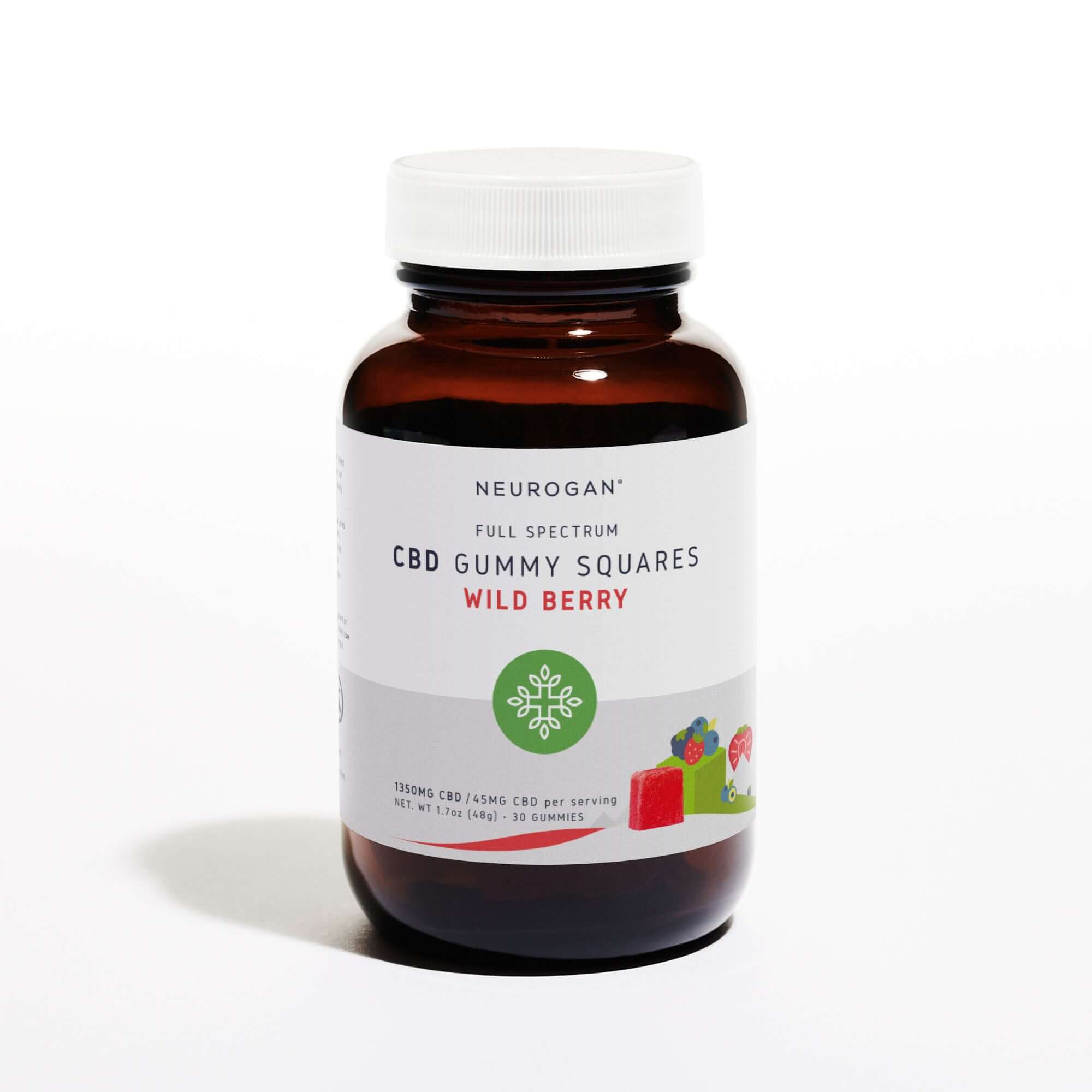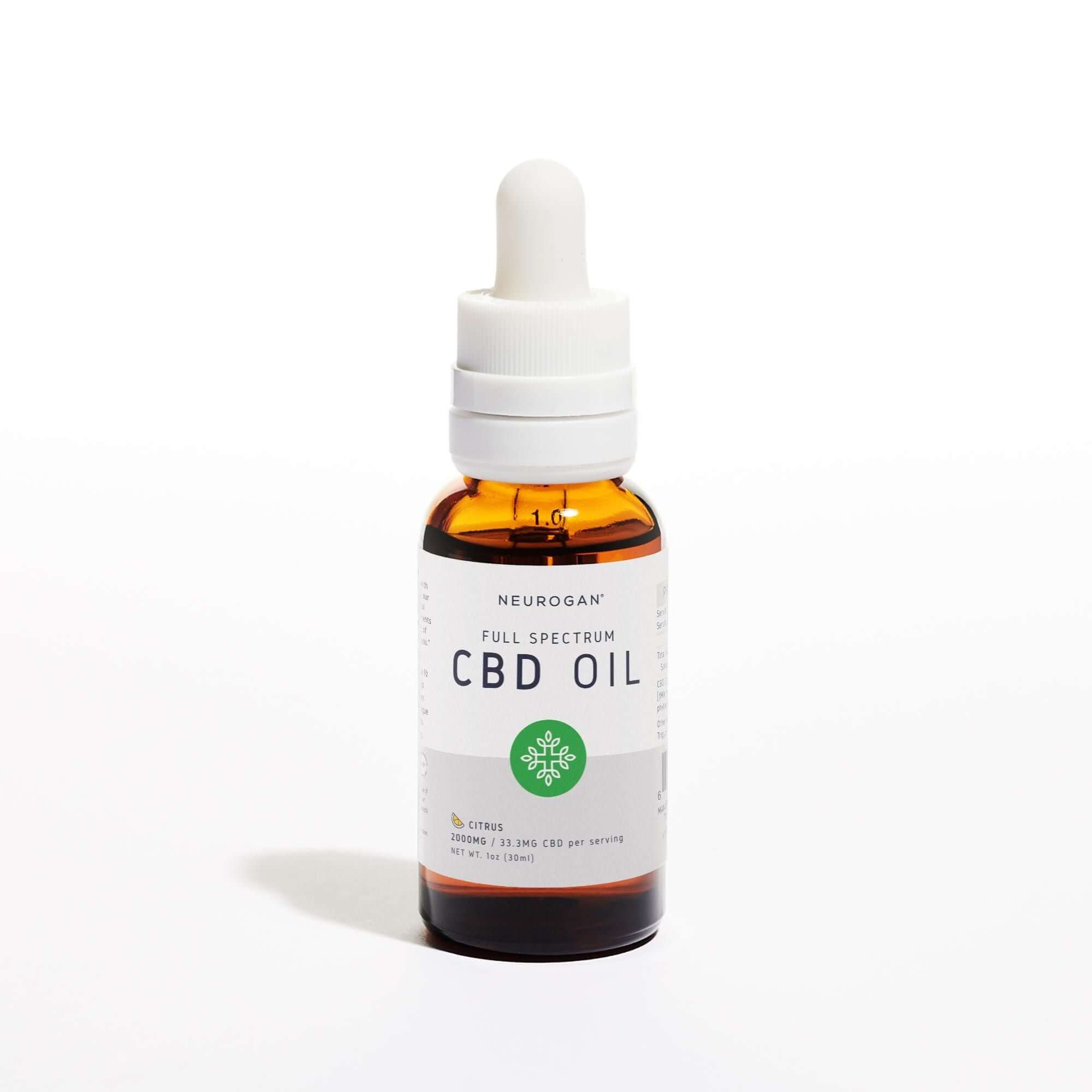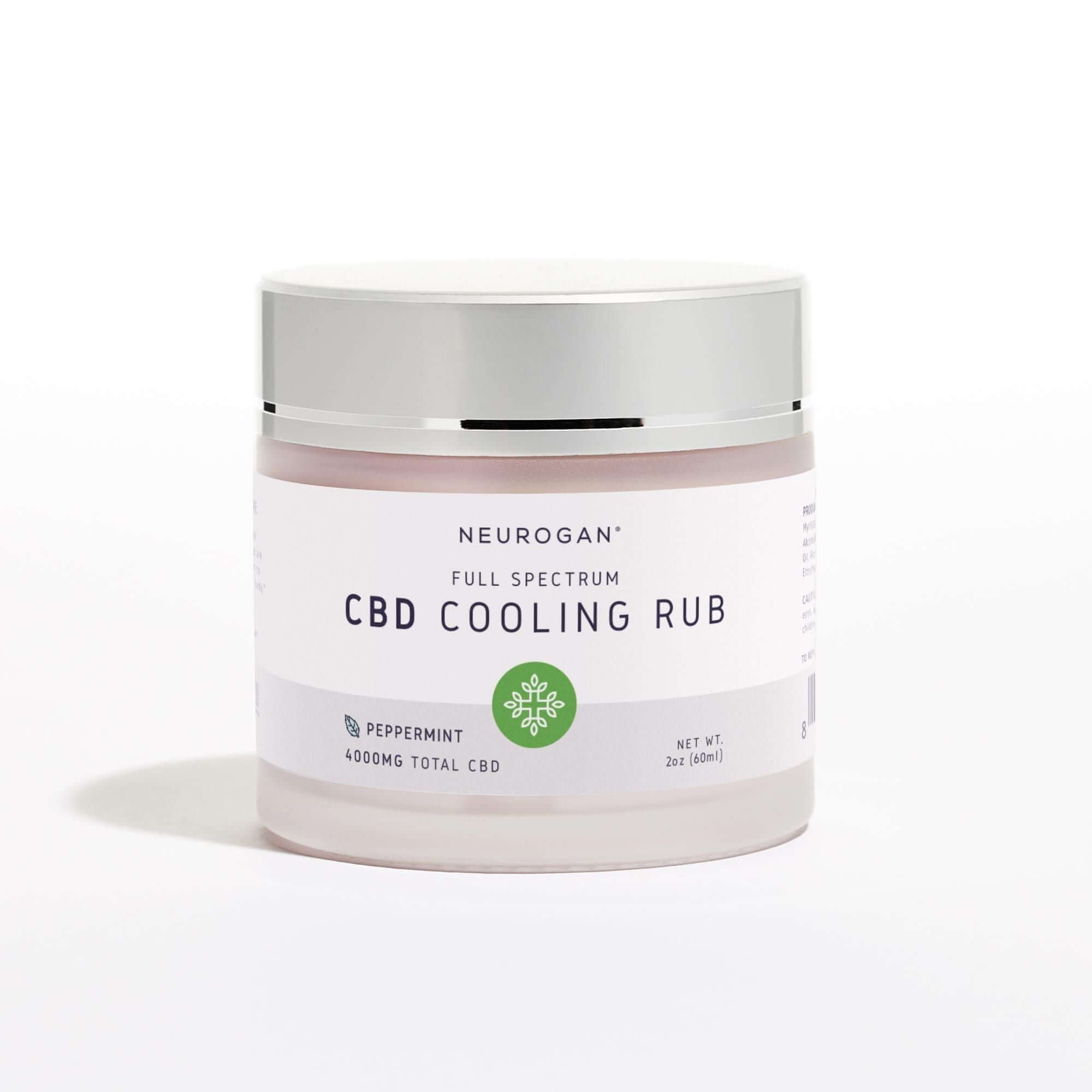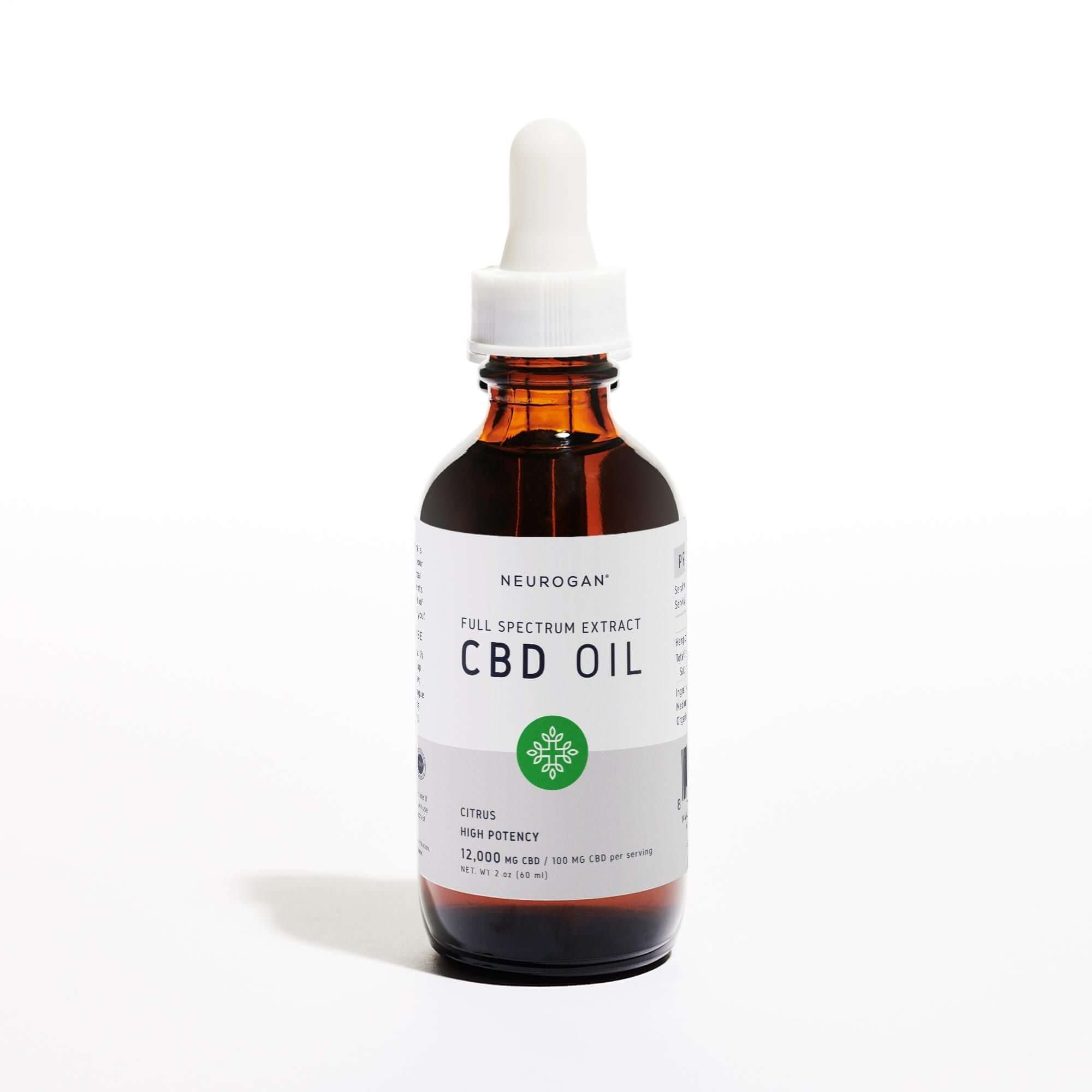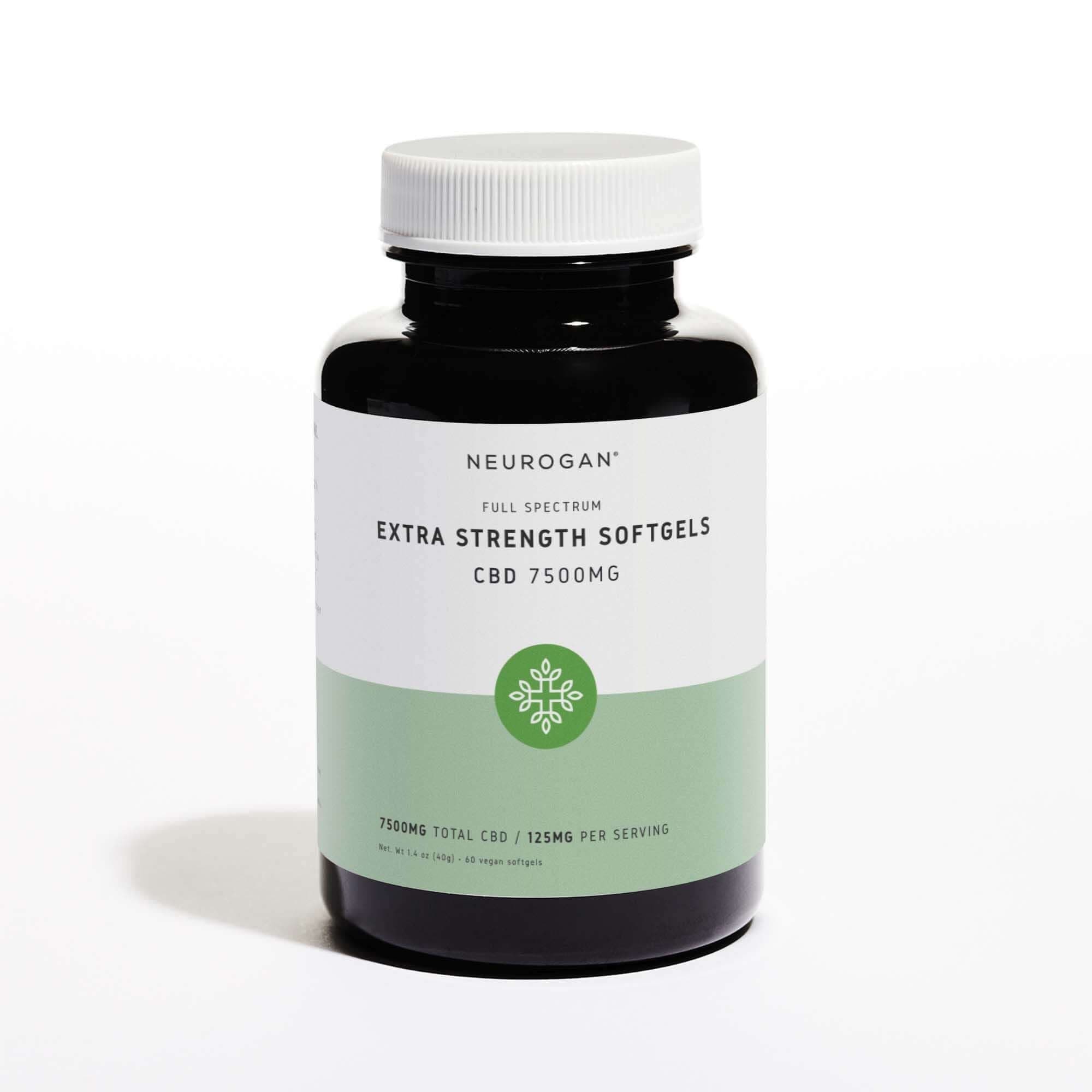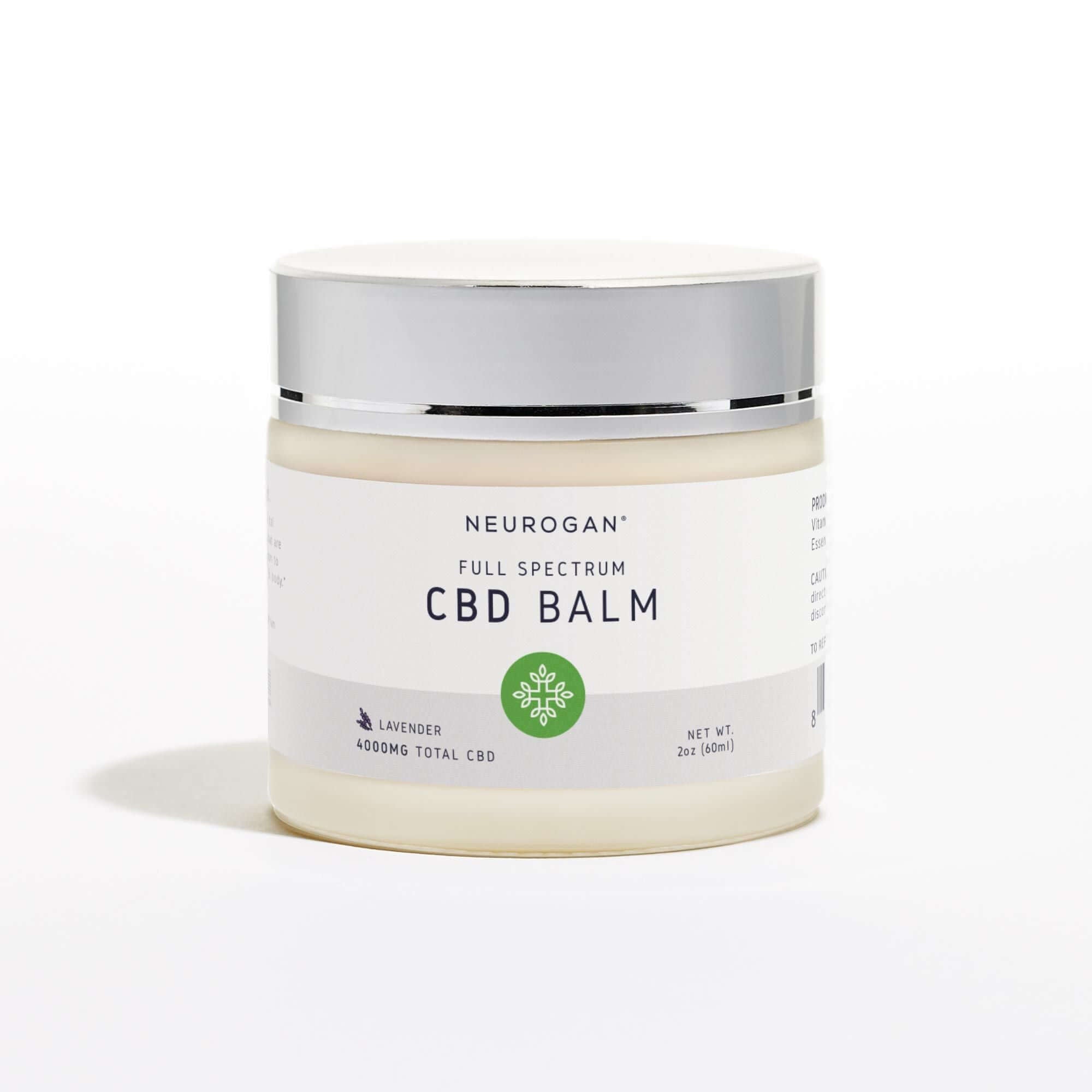Chaga mushrooms have been used in Eastern folk medicine for centuries and are nicknamed the "mushroom of immortality" because they're believed to promote a long, healthy life. It's also known as the "king of medicinal mushrooms" for its potential for fighting cancer.
This mushroom's health benefits could be linked to its high antioxidant levels and its effects on the immune system—the body's complex defense system that protects us from bacteria, viruses, and our environment.
In this blog post, we'll discuss what we know about the health benefits of chaga mushrooms so you can make an informed decision before purchasing them.
We'll also talk about their nutritional profile and possible side effects, including interactions with certain medications. Finally, we'll give you some ideas on how to prepare this unique food so you can enjoy it at home.
Where Does The Chaga Mushroom Come From?
Rather than growing from the dirt, the chaga mushroom (Inonotus obliquus) grows on birch trees throughout the northern hemisphere.
Chaga mushrooms are sometimes difficult to identify because they look like a black lump of coal. Russians and Siberians used these fungal "coals" to start fires, make medicinal tea, and as natural dyes [1].
How Do You Use Chaga Mushrooms?

Chaga mushrooms are considered medicinal mushroom that comes in a wide variety of formats for versatility and ease of use. They're popular ground up into chaga mushroom powder for easy consumption, chaga mushrooms tea, and extracts and tinctures.
In herbal medicine, chaga mushroom preparations were used as a treatment for digestive problems like gastritis and stomach ulcers. In the early 1960s, the chaga mushroom was included in the USSR State Pharmacopoeia as a non-specific drug treatment for polyposis, pre-cancerous diseases, and some forms of malignant tumors that were resistant to radiation therapy. However, its full therapeutic potential hasn't yet been realized and more careful study is needed [1].
There are many different ways to use chaga mushrooms, and it's important to consult your doctor before beginning any treatment regimen with them.
1. Chaga Tea
Chaga mushrooms don't taste like other culinary mushrooms in that they don't have a deep umami flavor but have a slight earthy bitterness similar to black tea or coffee.
Many people enjoy chaga tea or "chaga coffee" on its own as an herbal, caffiene-free alternative to coffee because of its bitter flavor profile.
If you're preparing chaga tea at home using dried mushroom, break it into smaller pieces—or better yet, grind it as you would coffee and add it to a French press and fill it with hot water.
You can also find pre-made chaga tea mixtures with added flavors such as cinnamon and cocoa that help to cut through the bitter flavor.
2. Powdered Chaga Supplements
Powdered chaga supplements are the most convenient way to get your daily intake of chaga mushroom, as they're easy to take on the go, deliver pre-measured doses of chaga, and are tasteless.
3. Chaga Extract (Tincture)
The chaga mushroom extract is made by soaking the dried mushroom in alcohol to extract the concentration of its active compounds. Many people enjoy chaga mushroom extract or tinctures because it has a long shelf-life—but the downside is that it has an extremely strong, bitter flavor that's not always palatable for most people.
7 Potential Health Benefits Of Chaga

Despite its history, it can be difficult to find reliable information on the potential health benefits of chaga supplements.
While we'll highlight some of the recent scientific literature on the potential of these humble mushrooms, there's still a need to conduct extensive studies on humans to fully understand their medicinal properties.
As such, this article isn't intending to provide medical advice or recommend chaga mushrooms as a viable form of treatment for any health condition. You should consult with your doctor before taking chaga mushrooms.
1. Superfood To Boost A Healthy Diet
Some say chaga mushroom tea tastes like black coffee with cream. Others describe the taste as bitter chocolate crossed with dirt or earthy mushroom flavor. It's hard to pinpoint exactly what it tastes like because there is no other food quite like it.
Chaga mushrooms are rich in a variety of vitamins, minerals, and nutrients our body requires to maintain optimal function including:
- Amino acids
- B-vitamins
- Calcium
- Copper
- D-vitamins
- Fiber (not with chaga tea)
- Iron
- Magnesium
- Manganese
- Potassium
- Selenium
- Zinc [2]
2. Powerhouse Of Antioxidants
Scientific research has shown that chaga mushrooms are a rich source of antioxidants [2].
Antioxidants are beneficial compounds that help fight free radicals and protect the body against cellular damage. Too many free radicals in the body are linked to signs of premature aging in the skin and increased potential for tumor growth.
While further study is needed to determine the full extent of chaga mushrooms' health benefits, there is mounting evidence that this strange mushroom holds significant promise for better health from its high antioxidant content, living up to its reputation as a "mushroom of immortality."
3. Support Healthy Digestion
Gut health is one of the most important factors in maintaining good overall body wellness.
The heart, brain, and nervous system function all benefit from a strong digestive tract as it's where we absorb nutrients from the food we eat. The immune system also receives support through bacterial diversity that resides within our guts' microscopic intestine which increases when we eat nutrient-rich foods.
The chaga mushroom houses a wealth of prebiotics, beta-glucans (a type of cell wall component), and enzymes that increase nutrient absorption in the gut [3, 4].
4. Support Healthy Blood Sugar Levels
In recent years, research has shown that the mushroom may be beneficial to those with type 2 diabetes and high blood pressure in animal studies, which shows a lot of potential for human research [5].
This study conducted on diabetic mice found that chaga mushroom extract lowered blood sugar levels up to 31% over three weeks and helped to restore tissue damage to the pancreas where insulin is produced [6].
5. Potential To Fight Cancer-Causing Tumor Cells
Chaga mushrooms' potent antioxidant content makes it an interesting topic of research for cancer research. Antioxidants are chemicals that help prevent cell damage caused by free radicals. When the body can't keep up with enough antioxidant production to combat this damage, oxidative stress takes its toll on the body, which can lead to tumor growth and cancer.
One study found that some active compounds in chaga mushrooms caused tumor cells to self-destruct without harming healthy cells in pre-clinical studies conducted on animals [7].
While these results are promising, human trials will be needed before the medical community recognizes the chaga mushroom's anti-cancer health benefits conclusively, and there is undergoing research on chaga's effects on human cancer cells [8].
6. Healthy Heart
There is some evidence that chaga mushrooms can help to lower blood pressure in animals.
High blood pressure (hypertension) can increase one's risk for cardiovascular disease, stroke, and kidney disease.
The active compounds in chaga seem to work in a few ways for supporting heart health: by reducing inflammation, improving the function of the endothelium (blood vessel lining), and decreasing oxidative stress [9].
All of these effects could lead to a reduction in blood pressure. However, more research is needed to confirm these findings.
7. Support Healthy Immune Function
Chaga mushrooms may positively impact immunity by reducing chronic inflammation.
Inflammation is a normal part of the immune system function and part of how the body protects and repairs itself from disease and injury—however, sometimes this complex system can malfunction leading to autoimmune diseases.
Animal and test-tube studies suggest that chaga extract can positively impact immunity by reducing long-term inflammation and fighting harmful bacteria and viruses.
It's been suggested that compounds found in chaga mushrooms promote the production of specialized cytokines that regulate the immune system and stimulate white blood cells (leukocytes), which protect the body against foreign invaders [10].
Health Risks Of Chaga Supplements
Because the chaga mushroom is a natural substance, many people falsely believe that it's completely safe.
While most people don't experience any dangerous effects with chaga mushrooms, it's important to know the risks associated with taking chaga supplements, so you don't accidentally harm yourself.
Chaga mushrooms contain compounds that can be harmful to your health if taken in large doses or when combined with certain medications such as insulin (for diabetes) or blood thinners.
Chaga itself has properties that have the potential to lower blood sugar and a protein that may prevent blood clotting [11]—so, if you're on these medications or have an underlying health condition, be sure to speak with your doctor before adding chaga to your health regimen and alert them of all the medications you currently take, including other herbal supplements.

The Takeaway: Benefits Of Chaga Mushrooms
The benefits of chaga are under-researched, but the preliminary data suggests that this mushroom could improve one's wellness in a few ways—supporting healthy blood sugar and blood pressure levels, boosting one's vitamin and mineral intake, support healthy digestion, and immune function.
Most of the research surrounding chaga's health benefits are in their early stages in animal trials. However, it does show a lot of potential for use on human cells, especially in the realm of cancer research.
Still, chaga mushrooms are considered quite safe for most people's daily use as an adaptogenic supplement and make an excellent morning beverage as an alternative to coffee.
To learn more about medicinal mushrooms and research into naturally-derived supplements, you can check out our blog or subscribe to our newsletter for industry news and exclusive discounts.
FAQ
What Are Chaga Mushrooms?
The Chaga mushroom (Inonotus obliquus) is a medicinal mushroom that is available in a number of forms for versatility and convenience of usage. In the northern hemisphere, it grows on birch trees rather than on the ground. Chaga mushrooms can be difficult to identify since they resemble a black lump of coal.
How Do You Use Chaga Mushrooms?
Chaga mushrooms are popularly processed into powder for easier intake. These fungal “coals” were utilized by Russians and Siberians to ignite fires, brew medicinal tea, and as natural colors. Chaga mushroom formulations were utilized in herbal medicine to treat digestive issues such as gastritis and stomach ulcers. The Chaga mushroom was included in the USSR State Pharmacopoeia in the early 1960s as a non-specific pharmacological treatment for polyposis, pre-cancerous disorders, and some forms of malignant tumors resistant to radiation therapy. However, its entire therapeutic potential has yet to be recognized, and further research is required.
What Are The Potential Benefits Of Chaga Mushrooms?
According to recent scientific literature, Chaga mushroom is a superfood to boost a healthy diet, a powerhouse anti-oxidant, supports healthy digestion, supports healthy blood sugar levels, has the potential to fight cancer-causing tumor cells, supports healthy heart, and supports healthy immune function. As a result, significant human investigations are still required to properly comprehend their therapeutic benefits. Before eating Chaga mushrooms, consult with your doctor.
What Are The Risks of Chaga Mushrooms?
Many people believe that because chaga is a natural substance, it is perfectly harmless. It is vital to understand that it contains substances that might be dangerous to your health if consumed in high quantities or mixed with certain drugs, such as insulin (for diabetes) or blood thinners. Because it includes a protein that can inhibit blood clotting and lower blood sugar. Consult your doctor before consuming Chaga mushrooms and inform them of all medications you are currently taking, including herbal supplements.
Resources:
- Zmitrovich, I. V., Denisova, N. P., Balandaykin, M. E., Belova, N. V., Bondartseva, M. A., Perevedentseva, L. G., ... & Yakovlev, G. P. (2020). Chaga and its bioactive complexes: history and perspectives. Pharmacy Formulas, 2(2), 84-93.
- Abu-Reidah, I. M., Critch, A. L., Manful, C. F., Rajakaruna, A., Vidal, N. P., Pham, T. H., ... & Thomas, R. (2021). Effects of pH and Temperature on Water under Pressurized Conditions in the Extraction of Nutraceuticals from Chaga (Inonotus obliquus) Mushroom. Antioxidants, 10(8), 1322.Chicago
- Rhee, S. J., Cho, S. Y., Kim, K. M., Cha, D. S., & Park, H. J. (2008). A comparative study of analytical methods for alkali-soluble β-glucan in medicinal mushroom, Chaga (Inonotus obliquus). LWT-Food Science and Technology, 41(3), 545-549.
- Lam, K. L., & Cheung, P. C. K. (2013). Non-digestible long chain beta-glucans as novel prebiotics. Bioactive carbohydrates and dietary fibre, 2(1), 45-64.
- Wang, J., Wang, C., Li, S., Li, W., Yuan, G., Pan, Y., & Chen, H. (2017). Anti-diabetic effects of Inonotus obliquus polysaccharides in streptozotocin-induced type 2 diabetic mice and potential mechanism via PI3K-Akt signal pathway. Biomedicine & pharmacotherapy, 95, 1669-1677.
- Sun, J. E., Ao, Z. H., Lu, Z. M., Xu, H. Y., Zhang, X. M., Dou, W. F., & Xu, Z. H. (2008). Antihyperglycemic and antilipidperoxidative effects of dry matter of culture broth of Inonotus obliquus in submerged culture on normal and alloxan-diabetes mice. Journal of Ethnopharmacology, 118(1), 7-13.
- Lemieszek, M. K., Langner, E., Kaczor, J., Kandefer-Szerszeń, M., Sanecka, B., Mazurkiewicz, W., & Rzeski, W. (2011). Anticancer effects of fraction isolated from fruiting bodies of Chaga medicinal mushroom, Inonotus obliquus (Pers.:Fr.) Pilát (Aphyllophoromycetideae): in vitro studies. International journal of medicinal mushrooms, 13(2), 131–143.
- Lee, S. H., Hwang, H. S., & Yun, J. W. (2009). Antitumor activity of water extract of a mushroom, Inonotus obliquus, against HT-29 human colon cancer cells. Phytotherapy research : PTR, 23(12), 1784–1789.
- Peng, H., & Shahidi, F. (2020). Bioactive compounds and bioactive properties of chaga (Inonotus obliquus) mushroom: a review. Journal of Food Bioactives.
- Kim, Y. R. (2005). Immunomodulatory activity of the water extract from medicinal mushroom Inonotus obliquus. Mycobiology, 33(3), 158-162.
- Hyun, K. W., Jeong, S. C., Lee, D. H., Park, J. S., & Lee, J. S. (2006). Isolation and characterization of a novel platelet aggregation inhibitory peptide from the medicinal mushroom, Inonotus obliquus. Peptides, 27(6), 1173–1178.






